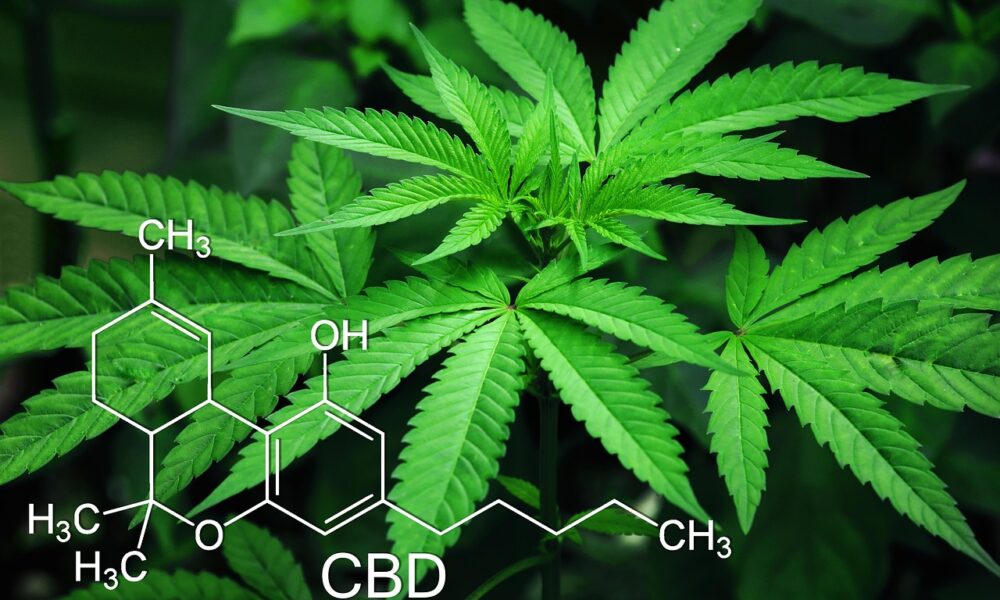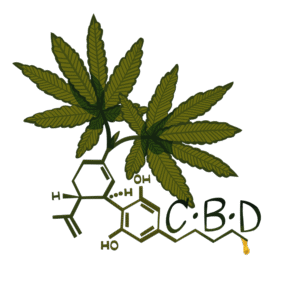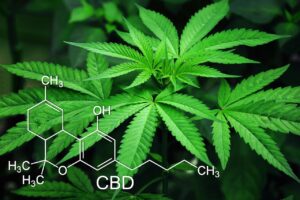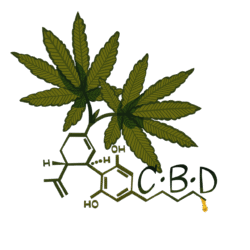
What is CBD? Complete Beginner’s Guide to Cannabidiol Benefits & Uses
Learn what CBD is, how it works, and its potential benefits. Expert-reviewed guide covering CBD basics, safety, and legal status for beginners.

CBD, or cannabidiol, has actually become one of the most talked-about wellness compounds of the past years. The CBD market was valued at $9.1 billion in 2021, and specialists expect it to reach $59.3 billion by 2030. However what exactly is CBD, and why has it caught the focus of millions seeking natural alternatives for their wellness routines?
This detailed guide, assessed by medical care experts, will certainly walk you through everything you need to understand about CBD as a newbie. We’ll discover its origins, just how it works in your body, possible advantages, and safety considerations – all backed by present clinical studies and expert understandings.
What is CBD?
CBD, or cannabidiol, is an all-natural substance located in the marijuana plant, particularly in hemp. Unlike its popular cousin THC (tetrahydrocannabinol), which is responsible for the psychoactive results of marijuana, CBD does not create a “high.” Instead, it is commemorated for its prospective therapeutic homes, making it a preferred option in the health and healthcare sectors.
CBD is among over 100 cannabinoids found in marijuana plants. It’s normally removed from hemp plants that contain much less than 0.3% THC, making it government-approved in the USA under the 2018 Farm Bill.

Secret characteristics of CBD:.
Non-psychoactive (will not obtain you high).
Derived from hemp or cannabis plants.
Available in different kinds (oils, gummies, topicals, capsules).
Interacts with your body’s endocannabinoid system.
Generally well-tolerated with marginal adverse effects.
Just How CBD Functions in Your Body.
CBD works by connecting with your body’s endocannabinoid system (ECS), a complex network of receptors, enzymes, and endocannabinoids that aid in preserving balance in various physical functions. The ECS plays an important role in managing:.
Sleep cycles.
Mood, stress, and anxiety response.
Discomfort perception.
Immune function.
Appetite and food digestion.
Unlike THC, which straight binds to cannabinoid receptors, CBD functions more indirectly by:.
Preventing the breakdown of your body’s natural endocannabinoids.
Communicating with non-cannabinoid receptors.
Influencing the activity of different natural chemicals.
Potential Advantages and Uses.
Recent clinical research study suggests that such items can potentially benefit countless physical and psychological health conditions or signs, consisting of stress and anxiety stress and anxiety, rest disorders, depression, hunger loss, nausea, swelling, chronic discomfort, glaucoma, arthritis, epilepsy, and a lot more.

Research-backed possible benefits consist of:.
Anxiety and Tension Relief: Several studies recommend CBD might help in reducing anxiety signs and symptoms.
Sleep Assistance: Might improve rest top quality and duration.
Pain Management: Prospective anti-inflammatory treatments may aid with chronic discomfort.
Seizure Decrease: FDA-approved Epidiolex contains CBD for certain epilepsy kinds.
Crucial Note: These declarations have not been examined by the FDA. CBD products are not meant to detect, deal with, cure, or stop any disease. Always speak with a medical care professional prior to beginning any brand-new supplement program.
Safety And Security, and Side Effects.
CBD is typically well-tolerated, but some individuals might experience light side effects consisting of:.
Dry mouth.
Sleepiness.
Changes in appetite.
Looseness of the bowels (with high doses).
Vital considerations:.
CBD can interact with specific medicines.
Quality varies dramatically between products.
Third-party lab testing is important.
Begin with low doses and progressively increase.
Legal Status.
Hemp-derived CBD containing much less than 0.3% THC is federally legal in the United States. Nevertheless, state laws differ, and some states have added constraints. Always examine your local laws before buying or using CBD items.
How to Choose Quality CBD Products
CBD represents an appealing, all-natural substance with potential wellness benefits. As research continues to progress, it is very important to remain educated and make educated decisions about CBD use. Remember to pick top-quality, third-party checked products from reputable resources and speak with healthcare professionals when necessary.
Statistics & Market Data:
- The CBD market was valued at $9.1 billion in 2021, and experts expect it to reach $59.3 billion by 2030
- 33% of US citizens have tried using CBD products at least once in their lives
- The main market for CBD products is currently women in their 30s. However, a thin majority (56%) of CBD users are female, while 44% of users are male. 62% of CBD users reported using CBD to treat a medical condition
- Other users, especially those under the age of 34, use it for general well-being. Millennials and Gen-X make up the bulk of early adopters, but the most significant increase in new customers is among Gen-Z
Medical Journal References:
- Shannon, S., et al. (2019). “Cannabidiol in Anxiety and Sleep: A Large Case Series.” The Permanente Journal , 23, 18-041. DOI: 10.7812/TPP/18-041
- Blessing, E. M., et al. (2015). “Cannabidiol as a Potential Treatment for Anxiety Disorders.” Neurotherapeutics , 12(4), 825-836. DOI: 10.1007/s13311-015-0387-1
- Devinsky, O., et al. (2017). “Trial of Cannabidiol for Drug-Resistant Seizures in the Dravet Syndrome.” New England Journal of Medicine , 376(21), 2011-2020. DOI: 10.1056/NEJMoa1611618
- Iffland, K., & Grotenhermen, F. (2017). “An Update on Safety and Side Effects of Cannabidiol: A Review of Clinical Data and Relevant Animal Studies.” Cannabis and Cannabinoid Research , 2(1), 139-154. DOI: 10.1089/can.2016.0034
